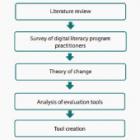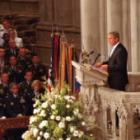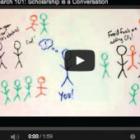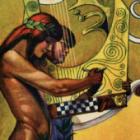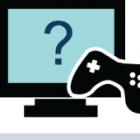
Mood Taxonomy for Video Games and Interactive Media
The objective of this research is to improve our understanding of how people perceive and describe the mood of video games and interactive media. The mood element and its respective controlled vocabulary was developed by the Game Metadata Research Group at the iSchool, in collaboration with the Seattle Interactive Media Museum (SIMM), as a part of the Video Game Metadata Schema.In order to evaluate the applicability of the mood element, I have conducted user interviews in which gamers were asked to evaluate the current mood CV and apply mood terms to familiar game titles. Next, I have compiled a list of over 1500 games, with applied mood terms, and sourced genres and release years. This project rectifies the scarcity of past research, enabling cataloguers and users of the SIMM to search and organize video game metadata by mood.



